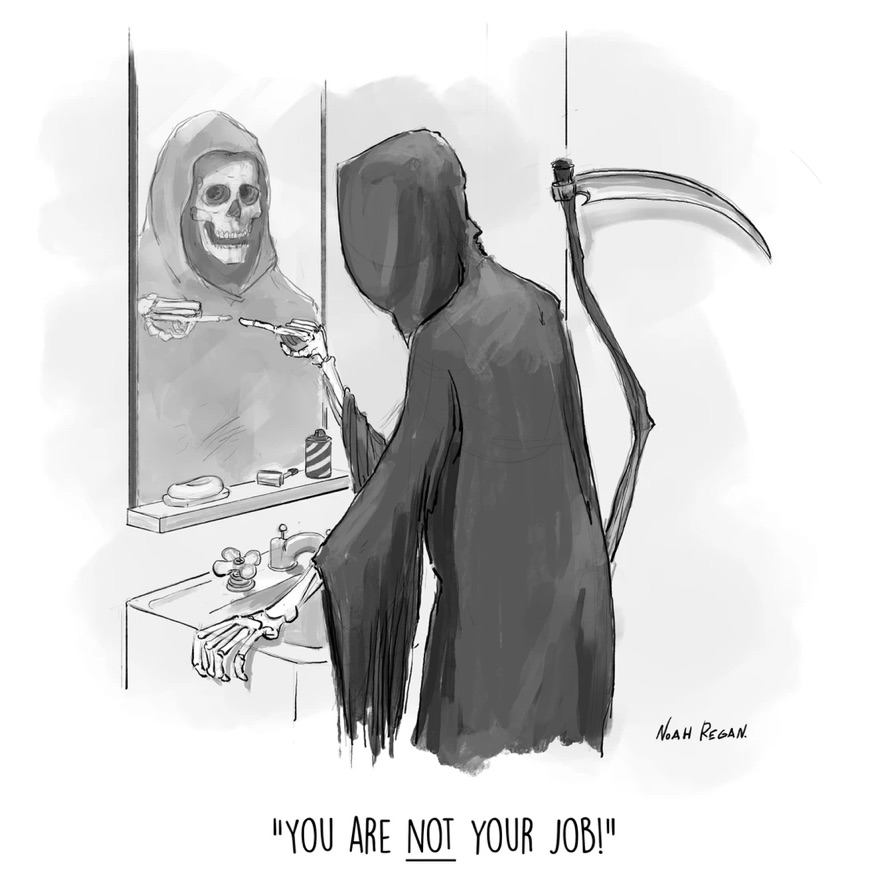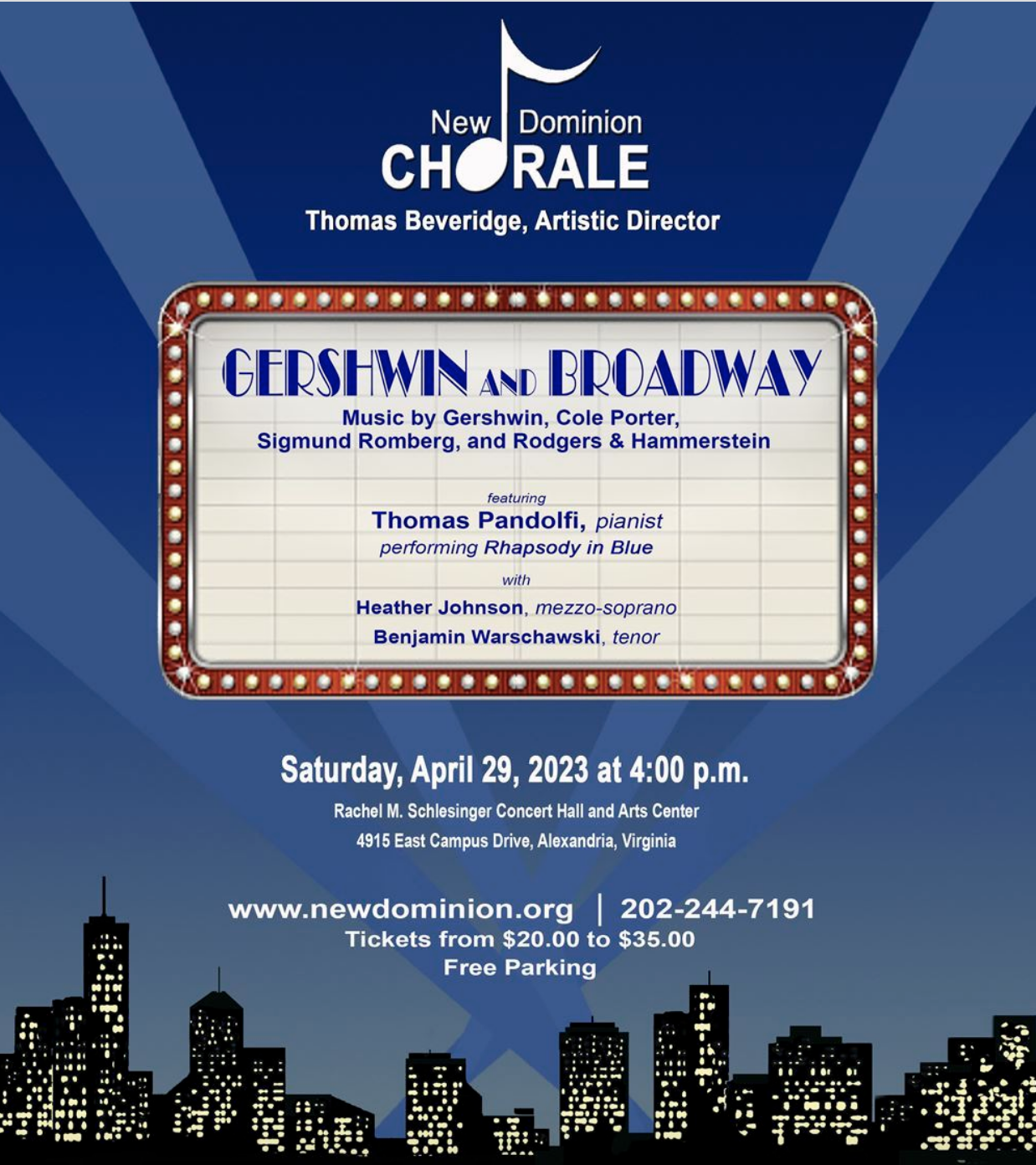What does it mean to be brave? Many people consider bravery an act of courage, often in the face of physical danger.
At some point almost all credit union leaders will confront financial, personnel and political challenges. Facing up to these, in most cases, is just part of the job. Cooperative bravery I believe entails a very different character.
Aristotle believed that bravery was the highest of all virtues because it guaranteed all the others. “I count him braver who overcomes his desires than him who conquers his enemies; for the hardest victory is over self. You will never do anything in this world without courage.”
Following the “Path of Least Resistance”
Bravery is rarely cited in conjunction with credit union activities. For cooperative culture is based on relationships. Differences of opinion, whether major or minor, are resolved by following the path of least resistance.
That path in awkward situations may entail quietly resigning from a position of responsibility. Other times one may voice dissent but not formally oppose in deference to the “majority” view.
In cooperatives, it just makes life easier to get along, by going along.
Two Examples of Bravery
Courage can be especially important at critical decision points in an organization’s direction. It is a “call” that can motivate after one’s formal professional role has ended. A person responds, drawing from their life’s experiences and values, to a summons that others do not feel.
Two individuals of unusual bravery are retired CEO’s that took public and extended efforts to oppose the decisions of their successors.
These two people are David Keffer who retired from Cornerstone FCU in 2014 and Steve Post who retired from Vermont State Employees (VSE) in 2013. In their executive roles. Dave was CEO for thirty-three years and Steve for twenty-four.
Their successor CEO’s were in their responsibility for two and six years respectively before initiating actions with their boards to end their credit unions’ independence.
Both retired CEO’s sought out family, former directors and officers, longtime members and community organizations to oppose the effort to cancel their credit unions’ charters. Both organizations had served and earned the loyalty of over three generations of members
The Vermont State Employees example is described in several posts written at the end of 2022. The first describes the closest vote ever in a merger contest. The follow up stories highlight the issues involved.
Votes Counted: Closes Election Ever
The Tragedy of the Commons: The End of a Movement?
If George Bailey were a Credit Union Member
The VSE Merger: Will “Potters” Take Over the Movement?
The outcome of the Cornerstone merger contest in 2017 can be read here: Credit Unions As a “Cornerstone” Of Freedom
This blog includes a link to The Committee for Cornerstone Indpendence, a Facebook page which contains a running record including videos from members opposing the merger. The vote took place less than four weeks from the mailing of the member notice following NCUA rules at that time.
Both men and many of their supporters had devoted decades of their personal and professional lives to these local cooperatives. The institutions successfully served their members through multiple economic cycles and business innovations. As noted in the articles, both institutions were leaders in their communities achieving financial success whatever measure of performance one used.
What Bravery Looks Like
Both former CEO’s efforts to prevent the mergers by urging members to vote NO, lost. One on a margin of less than 1% of votes cast. At Cornerstone, the mail in ballots were in favor even though over two-thirds of members voted against at the required members’ meeting.
Why single out these retired individuals as “brave” in openly opposing the merger plans of their immediate successors?
All of the odds for defeating the merger were stacked against them. The current credit union rulers control all the financial resources, the members’ media channels and enticed employees with future promises to support their plans. They even claim to have received the regulator’s blessing.
The time to mobilize opposition before Cornerstone’s vote was very limited. In VSE’s situation the debate extended over several months. The merger opponents had only their personal not institutional resources to draw upon.
Still working professional colleagues would stay distant at best, or be critical of their taking a stand abut the credit union “in retirement.”
So what motivated them to to speak out, to organize and ask their fellow members reject these proposals?
Both men strongly believed the merger’s rhetorical statements misled members about any possible future benefits. From their professional perspective, they understood that ending the charters was not in the members’ best interests.
The members received no merger benefit. Their generations of loyalty and accumulated resources passed totally to the control of a firm with a different business plan and leaders with no connection to the existing credit union. Or even a role in creating the accumulated wealth.
They saw the trust and goodwill of the members being taken advantage of. There was no immediate gain except for the leaders, who initiated the change.
Bravery: a Latent Capability
In life we will sooner or later encounter a situation where bravery is required. We may risk reputation and resources to do what we believe is right.
These moments are rarely scripted, let alone anticipated. There may not even be time to think about all the implications of taking a stand. Reaction can be as much intuitive as logical.
This “call” can arise from a lifetime of practiced belief. Or from witnessing the bravery of others responding to another of life’s ever unfolding equity challenges.
The motivation emerges from one’s deepest beliefs, spoken or not. It is the feeling that, “while ships are safe when in harbor, that is not why they were built.”
These two men took a stand when they perceived the values of the credit union members they served to be at a moment of maximum danger. They were right.
Their point of view was formed from serving members honorably for decades, not for just the length of a first employment contract.
Success In a Loss?
But they lost, so what kind of a “brave” example is this? By circumstance bravery often requires confronting superior power, a majority public opinion or even accepted protocols of behavior.
By opposing the merger plans, these individuals pointed to values much more vital than arguments for scale. They believed that members’ best interests should be criteria for all decisions. Management’s ambitions are not the purpose of a credit union—that is the cooperative difference versus for profit options.
There is growing awareness that events such as these mergers are compromising the future of the movement and members’ trust.
These examples of principled opposition will inspire others. Those who are now silent in the face of happenings with which they do not agree may take a stand: directors, employees, retirees or even those in regulatory roles.
What is the advantage of a cooperative charter if its supporters are not willing to pursue their democratic duty to speak up?
This capability is a learned skill, not one found in any person’s position description.
David Keffer and Steve Post retired from their jobs, not their principles.
Their standing up for their life’s work by opposing these mergers may be the cooperative example for which they will be most honored in years to come.


